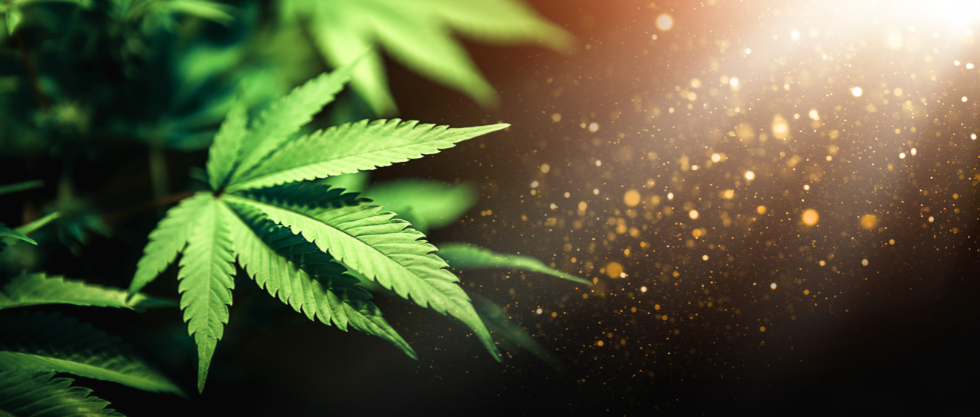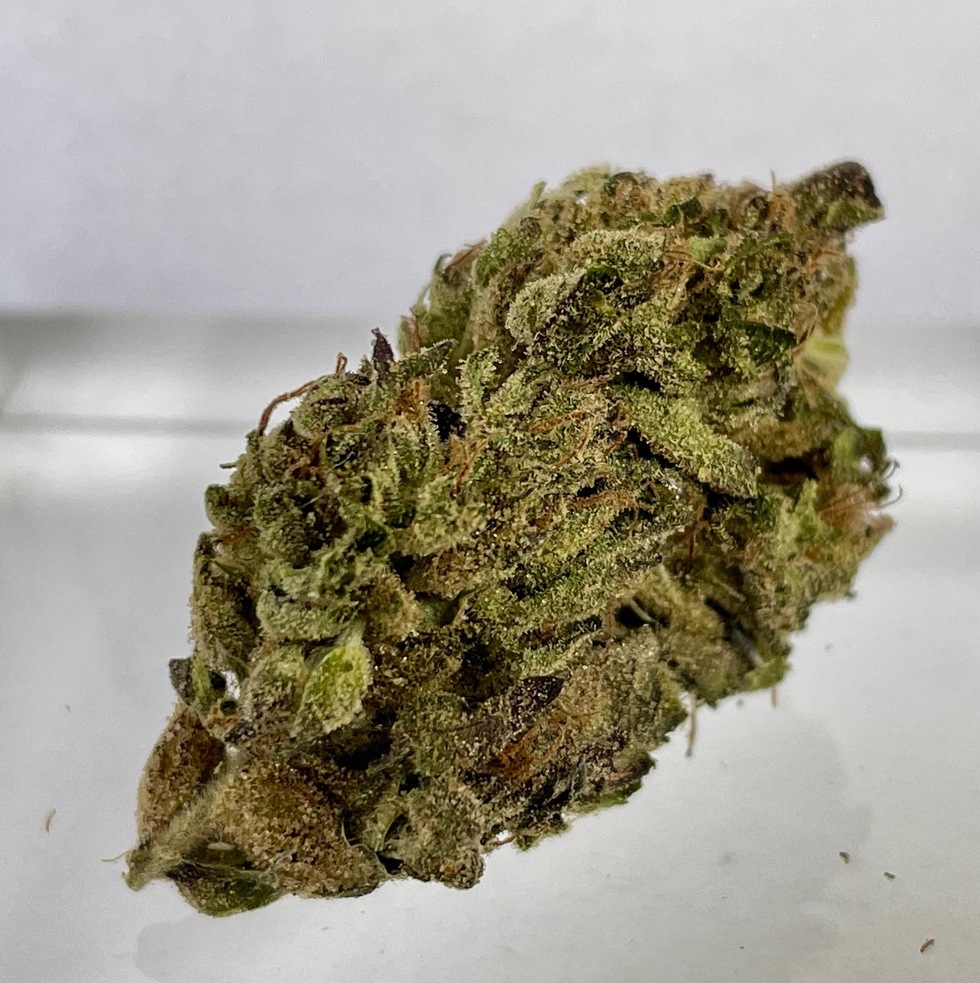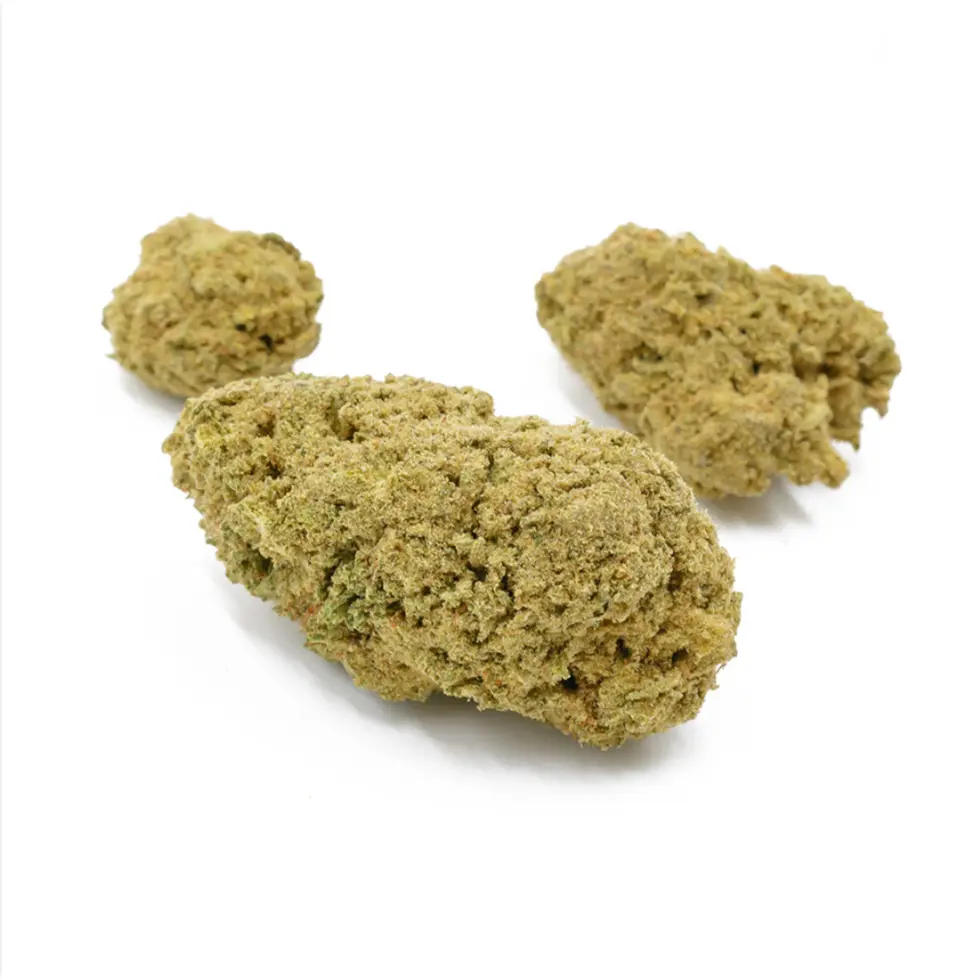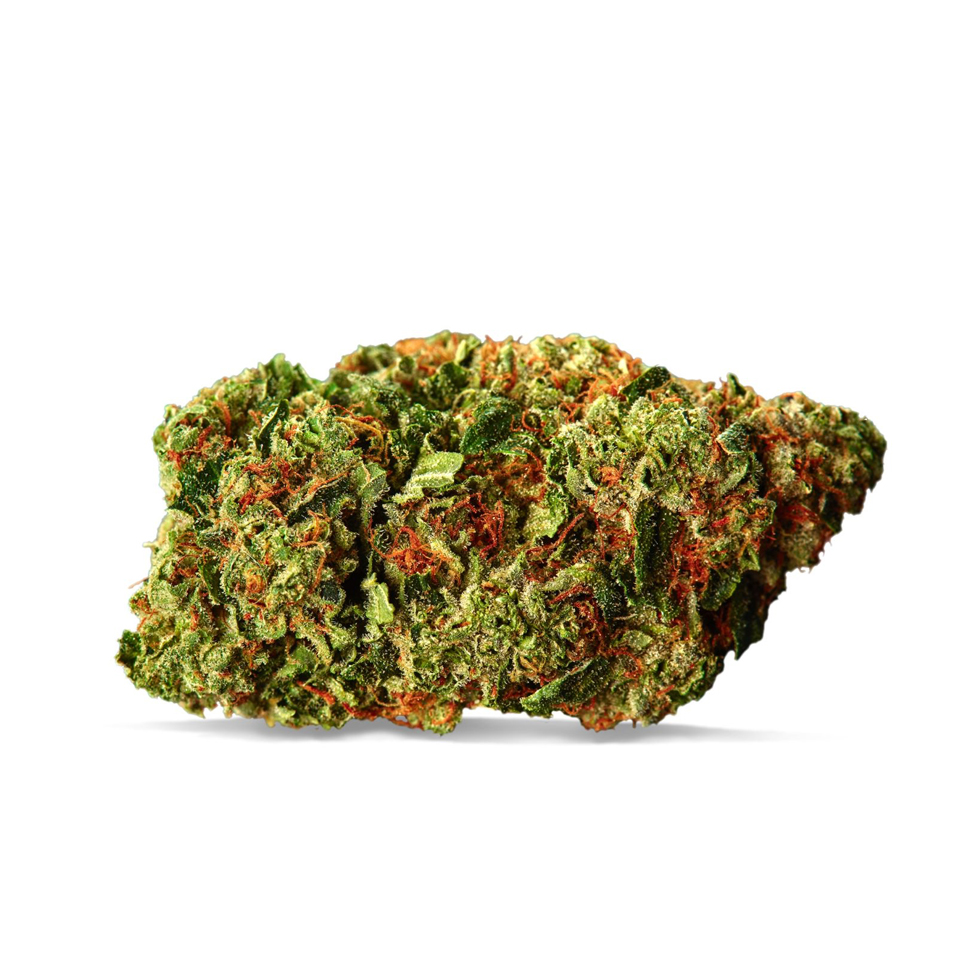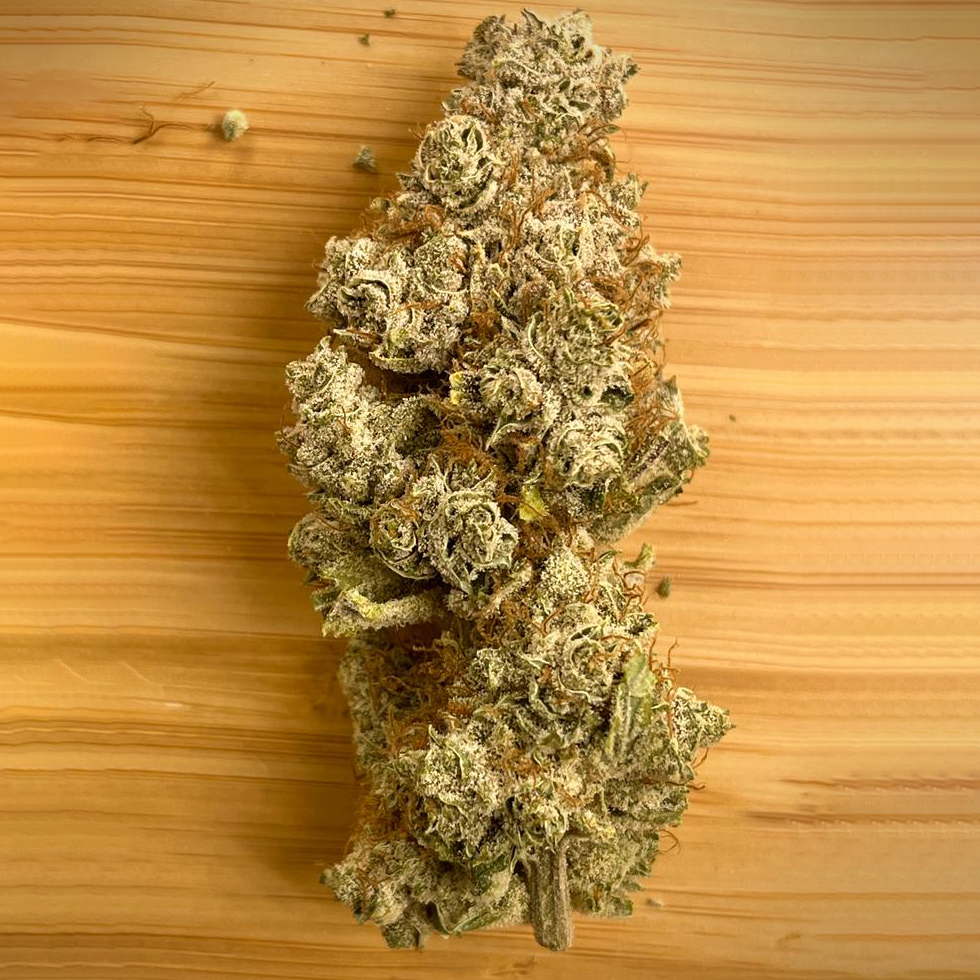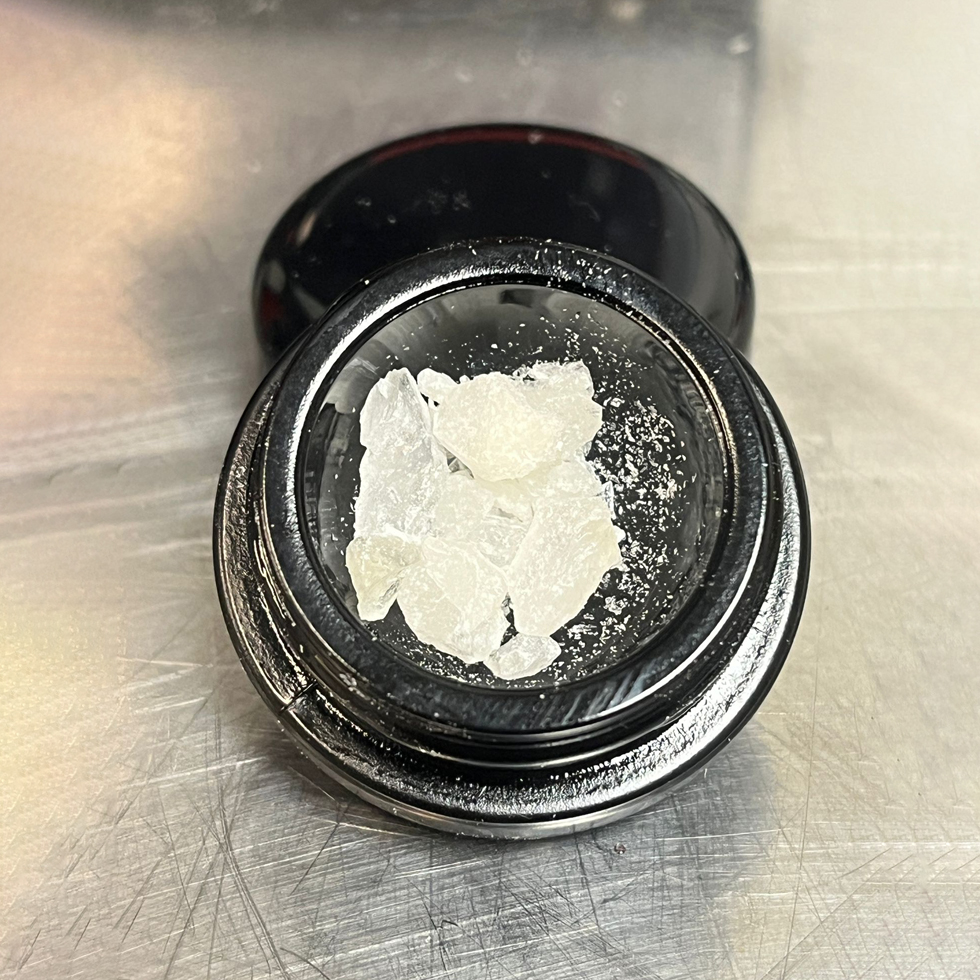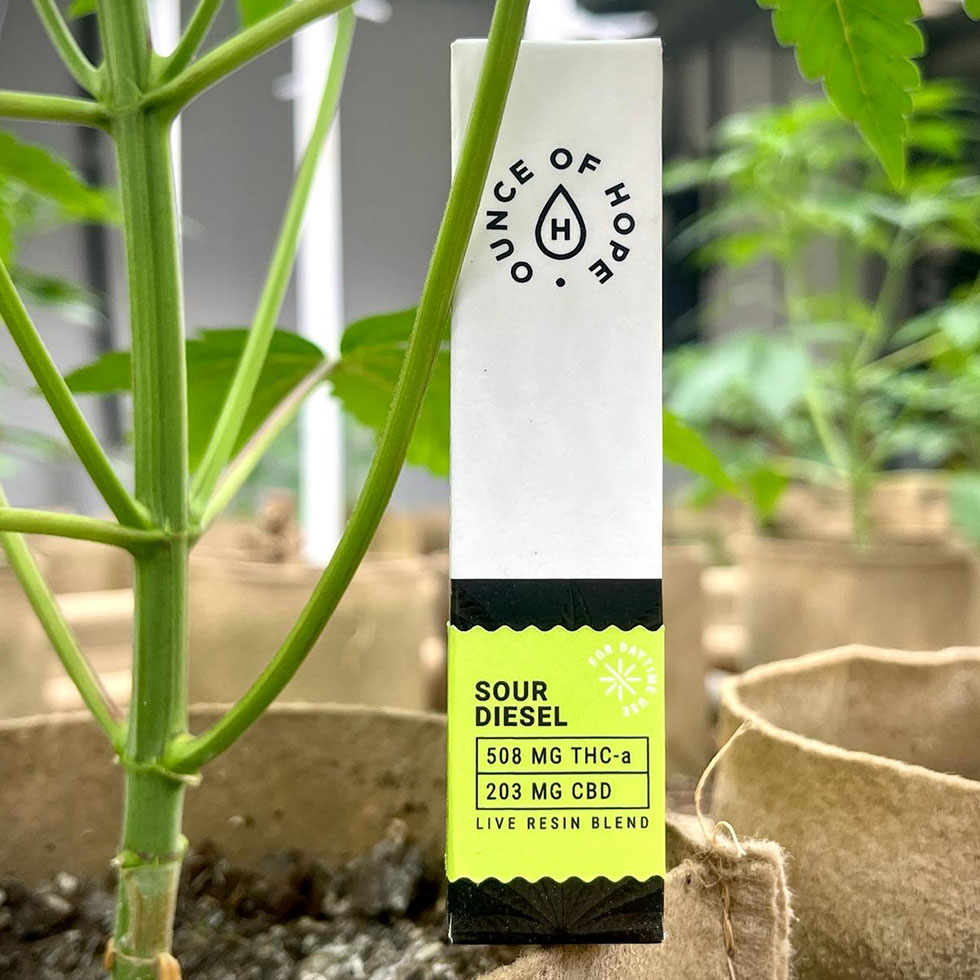CBD has gained popularity throughout recent years, but THC reigns supreme as the most famous (and well-researched) cannabinoid on earth. However, THC would be nothing without its predecessor, THCa. But what is THCa? And what is THCa flower? How is THCa different from THC, and what are the individual benefits THCa can offer?
We want to explore all of these questions and more in our guide. It’s our goal to answer all the most frequently asked questions about THCa and THCa flower. By the end, you’ll fully understand what it is, how THCa could benefit you, and where to get it legally.
Let’s delve into the world of THCa and explore its nature, effects, legality, and more. Whether you’re curious about THCa’s therapeutic potential or seeking to understand its differences from THC, we’ve got you covered!
What is THCa?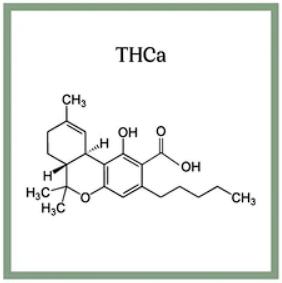
First, let’s tackle the basics. What is Tetrahydrocannabinolic Acid – or THCa?
THCa is a naturally occurring compound found in cannabis and hemp. It’s essentially the precursor to THC, the most well-known compound responsible for causing the “high” associated with cannabis use.
In its raw form, THCa is an acidic cannabinoid and doesn’t possess psychoactive properties.
THCa is the only THC molecule present in cannabis – at first. The cannabinoid must undergo decarboxylation to become THC.
In simpler terms, THCa must be heated (or lit aflame) to be chemically converted into THC. The chemical conversion is instant, though, which is why we can feel the psychoactive effects from THC through THCa flower.
How is THCa Flower Made?
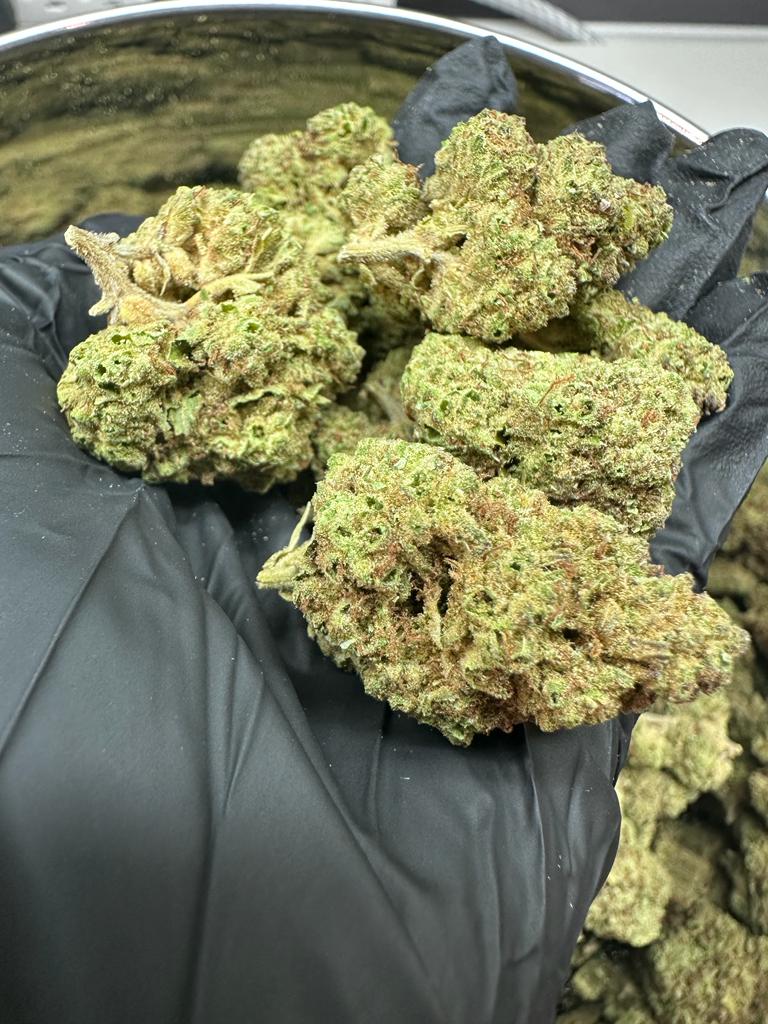
Green Crack
THCa is naturally produced in the trichomes of cannabis plants. These are the small resin glands found on the surface of cannabis flower.
It’s biosynthesized (produced) through enzymatic reactions (molecules combining in new ways) within the plant. THCa is typically most abundant in freshly harvested cannabis plants and is present in much higher concentrations than THC.
But how is THCa-rich flower made, to begin with? Let’s break down the typical process for making our own THCa flower.
Cultivation
THCa-rich flower begins with cultivating hand-selected cannabis strains. We select strains known for their higher THCa content, as they have a genetic predisposition for producing higher THCa levels.
Growing Conditions
Next, cannabis plants need specific environmental conditions to thrive and produce ideal cannabinoid levels.
We carefully control various factors to promote healthy plant growth and maximize THCa production. These factors include light, temperature, humidity, and nutrient levels – all while using aquaponics. (Not sure what aquaponics is? Find out about it in our guide on the topic!)
Harvesting
When our plants reach maturity, it’s time to harvest them. The process involves cutting down the plants and removing the leaves, stems, and other unwanted parts. We leave behind delicious, dense, flavorful flower buds rich in THCa.
Drying
After the harvest, cannabis flower buds must be dried carefully. It’s a crucial step, as it helps to reduce moisture content and – most importantly – prevent the growth of mold and mildew. Proper drying conditions are also essential to preserve the THCa content and maintain the flower’s ideal quality.
Curing
After drying, our cannabis flower undergoes a curing process. Curing involves storing the dried buds in a controlled environment with specific humidity and temperature levels.
The curing process helps enhance the flower’s aroma, flavor, and potency while dissipating any remaining moisture. Depending on the strain, desired outcome, and preferences, it can take several weeks or even months to cure.
Throughout the Process
During our production process, we handle our flower with care to minimize damage, oxidation, and exposure to heat or light. All these factors risk degrading the THCa content!
To maintain the highest THCa levels, we use optimal storage with airtight containers in a cool, dark place.
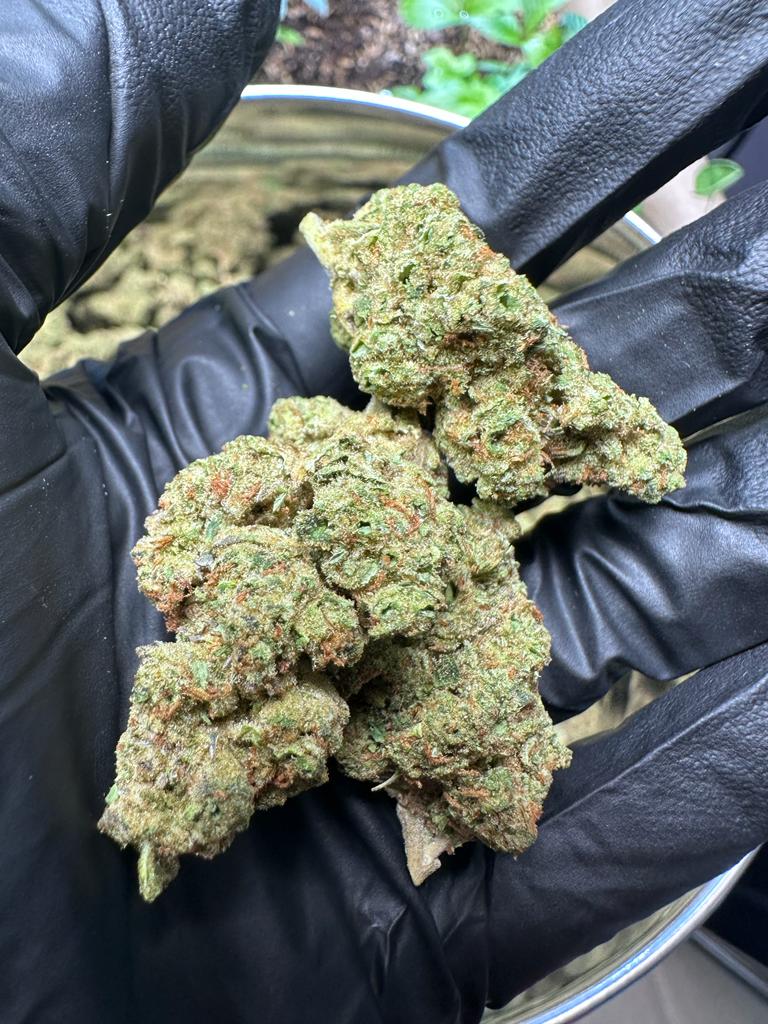
DosiDo
Does THCa Get You High?
Is THCa psychoactive? No, not without heat! THCa itself doesn’t produce a psychoactive effect in its raw form. So, consuming raw THCa flower without smoking or decarbing won’t produce a “high” or intoxicating experience.
To experience the psychoactive effects of cannabis, THCa needs to undergo a process called decarboxylation. Decarboxylation occurs when heat is applied to THCa, causing it to lose a carboxyl group and convert it into THC. That typically happens through smoking, vaporizing, or cooking cannabis at a certain temperature.
Effects and Benefits of THCa
Research on THCa is in its early stages, but these early studies suggest it may have several therapeutic benefits.
Anti-Inflammatory Properties
THCa exhibits anti-inflammatory effects. These could be beneficial in managing inflammatory conditions like arthritis, multiple sclerosis, and inflammatory bowel disease.
Neuroprotective Properties
THCa also shows potential neuroprotective properties. These properties indicate that THCa could play a role in protecting the brain and nervous system. That makes THCa relevant for conditions like Parkinson’s disease, Alzheimer’s disease, and other neurodegenerative disorders.
Potential Pain Relief
Although more research is needed, some studies suggest that THCa has analgesic properties – AKA, pain relief! Pain relief may help with certain conditions such as chronic pain, neuropathic pain, and migraines.
Antiemetic Properties
THCa demonstrates antiemetic effects, meaning it may help reduce nausea and vomiting. This can particularly benefit individuals experiencing nausea associated with various medical conditions.
Other Potential Benefits
Additional research is exploring the potential effects of THCa on appetite stimulation, sleep regulation, mood enhancement, and more.
What is THCa vs THC?
THCa (Tetrahydrocannabinolic acid) and THC (Tetrahydrocannabinol) are two closely related compounds found in cannabis plants. They have similar chemical structures but distinct properties and effects.
Chemical Structures
What’s the difference between THC and THCa? THCa and THC have the same molecular formula (C21H30O2).
However, their chemical structure differs due to a carboxyl group (COOH) present in THCa. The carboxyl group makes THCa an acidic compound. When the carboxyl group is removed through a process called decarboxylation, THCa converts into THC.
Psychoactive Properties
THCa itself is non-psychoactive, meaning it doesn’t produce any intoxicating effects. The cannabinoid doesn’t readily bind to the cannabinoid receptors in the brain.
THC, on the other hand, is psychoactive and interacts with the cannabinoid receptors in our body and brain. Primarily it binds with the CB1 receptors in the central nervous system. The interaction leads to the euphoric and mind-altering effects commonly known as the “high.”
What is a High THCa Percentage?
How potent is THCa? We don’t have as much research on THCa as THC just yet, but researchers believe it has potential therapeutic benefits. However, a high THCa percentage is typically any strain above 15%.
THCa is non-intoxicating, meaning it doesn’t produce the typical “high” associated with THC (until you heat it up!). However, research suggests that THCa may possess anti-inflammatory, neuroprotective, and antiemetic (anti-nausea) properties.
Researchers are also investigating THCa’s potential in managing conditions like cancer, epilepsy, and neurodegenerative disorders.
When people refer to a high THCa percentage in cannabis, they typically refer to the concentration of THCa present. The percentage indicates the potential amount of THC a strain can produce once you decarboxylate the THCa.
It’s important to note, however, that the potency of cannabis is not solely determined by the THCa or THC content.
Other compounds, such as terpenes, can also contribute to the overall effects and therapeutic benefits of a particular cannabis strain. That’s why we use a delicious medley of terpenes in each of our THCa flower strains.
Additionally, individual factors, such as consumption method and cannabis tolerance, can influence the potency you perceive from THCa.
Is THCa Legal?
Is THCa legal in all states? The legal status of THCa depends on the jurisdiction. Many places don’t specifically regulate or prohibit THCa, as it’s the non-psychoactive precursor to THC.
However, laws surrounding cannabis and its derivatives, including THCa, can differ between countries, states, and even municipalities.
In some regions where cannabis is legal for medical or recreational use, THCa may be included within the legal framework. That’s typically as part of the total THC content calculation or labeling requirements. In such cases, THCa might be a controlled substance when it exceeds a certain threshold and is subject to regulations.
Overall, it’s essential to check the specific cannabis laws and regulations in your particular jurisdiction. Laws can change, and different regions have their own unique regulations. It’s crucial to consult local authorities or legal resources for the most up-to-date and accurate information regarding THCa legality.
We can confidently say that our THCa flower contains 0.3% delta-9 THC or less. That’s per federal regulations – because we do everything by the book!
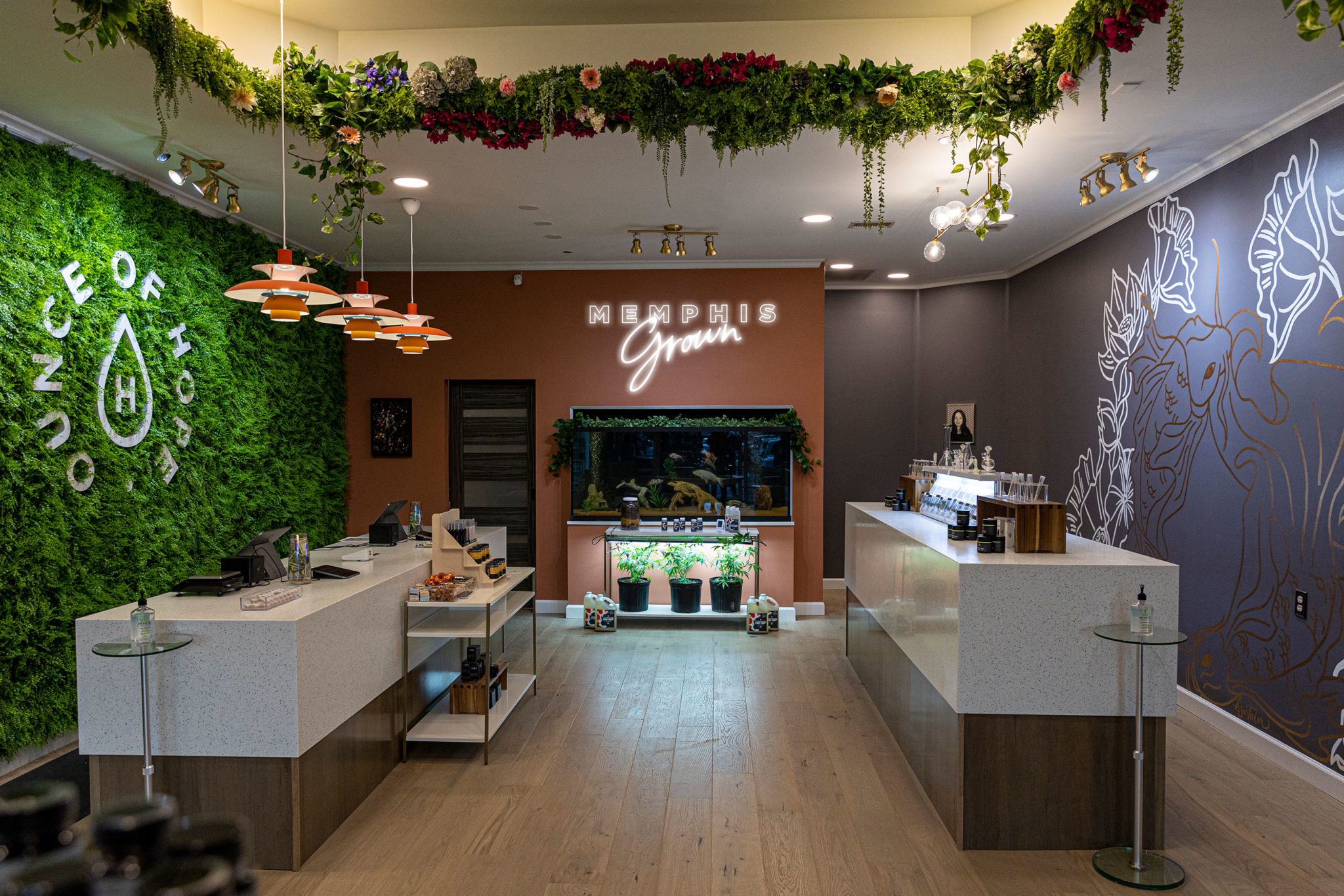 Where to Buy THCa
Where to Buy THCa
THCa availability may vary depending on your location and the legal status of cannabis in your region. To find THCa products, you may want to consider the following options.
Licensed Dispensaries
Cannabis dispensaries are typically the primary sources for purchasing THCa products in legal areas. These establishments offer a variety of cannabis products, including those containing THCa.
Ounce of Hope currently owns two licensed dispensaries across Memphis, Tennessee. If you’re not local to the area, though, you can also shop on our website. We deliver hemp-derived cannabis products across the nation.
Online Cannabis Marketplaces
If dispensaries aren’t available to you, you may be able to find an online platform to locate THCa products. You just have to ensure you’re purchasing from a reputable, legally compliant source. For example, we currently offer two different THCa flower strains on our own cannabis marketplace.
Local Cannabis Events
In some areas, cannabis events or trade shows may take place where vendors showcase and sell various cannabis products. These events can allow one to explore and purchase THCa products from different brands or producers.
No matter where you decide where to buy THCa, adhere to the laws and regulations within your jurisdiction. That goes for not just THCa, but any cannabis-related products.
Final Thoughts
In conclusion, THCa flower offers unique and exciting possibilities for cannabis enthusiasts. Its potential therapeutic properties and versatility make it an appealing choice for various consumers.
Overall, THCa flower opens up a new realm of possibilities. Maybe you’re looking for the potential health benefits, the enjoyment of a milder experience, or exploring the interplay of cannabinoids and terpenes. Regardless, THCa can make it happen.
But, just like with any cannabis product, it’s important to understand the legal landscape. Likewise, always source products from reputable, compliant sources. Shop with us anytime when you want to take advantage of a hemp brand you can trust.
As research for THCa continues to evolve, we anticipate further exploration into its effects and potential benefits. Try THCa flower today for a fresh experience and an intriguing avenue to explore further the fascinating world of cannabis.
Sources:
- https://www.ncbi.nlm.nih.gov/pmc/articles/PMC5627671/
- https://pubmed.ncbi.nlm.nih.gov/31706843/
- https://pubmed.ncbi.nlm.nih.gov/28853159/
- https://www.ncbi.nlm.nih.gov/pmc/articles/PMC5731255/
- https://www.ncbi.nlm.nih.gov/pmc/articles/PMC3728280/
- https://www.cancer.gov/about-cancer/treatment/cam/hp/cannabis-pdq
- https://pubmed.ncbi.nlm.nih.gov/31706843/
- https://www.ncbi.nlm.nih.gov/pmc/articles/PMC10095267/
